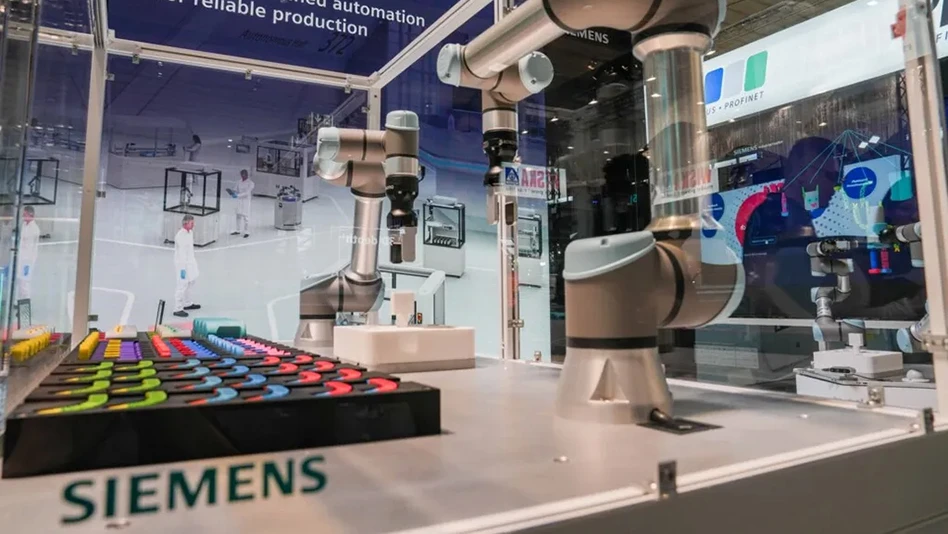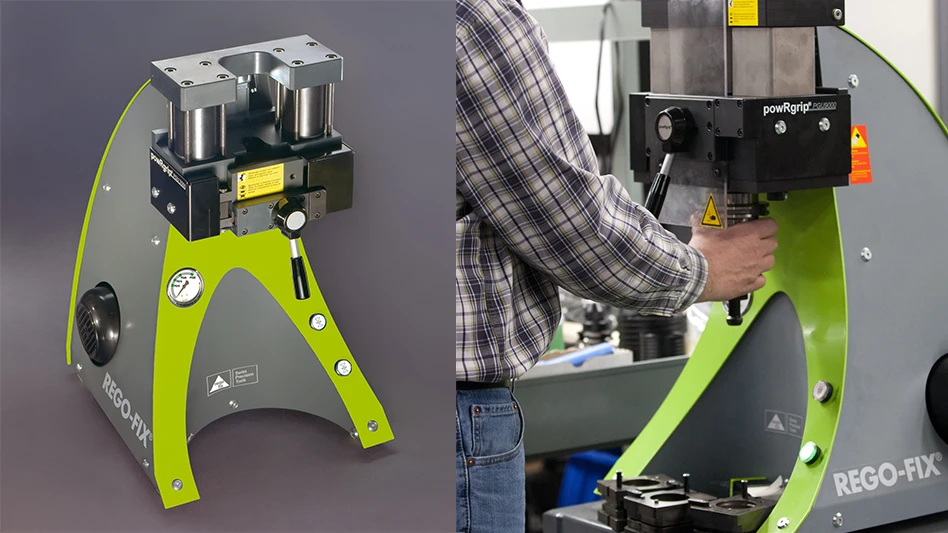
Originally developed for audio speakers, voice coil actuation (VCA) technology now provides precise, reliable motion control for a range of medical, industrial process, and space applications. Around for decades, VCA technology remains a mystery to many design engineers, because it wasn’t cost-effective in many applications. Many designers had to settle for more traditional, less flexible, solenoid-based devices.
Now that powerful microcontrollers (MCUs) and precise, efficient drivers are available, advanced linear motion designs using VCAs are easier and less expensive to implement.
Any product that requires highly reliable, repeatable, and controllable motions, could benefit from VCAs.
Simple and robust, yet as precise as the input given them, VCAs accelerate smoothly and quickly to any position within their stroke with nearly zero hysteresis and are only limited by the system’s position-sensing precision and driver capability. Because of this accuracy, these devices are suited to medical devices, robotics, and industrial process equipment.Medical precision
Devices such as drug-dispensing pumps and ventilators do not work on approximations – every microliter of liquid (or air) must be carefully measured and managed. VCA-based solutions provide accuracy without complexity or bulk. In addition to meeting strict performance and regulatory standards, many small and lightweight medical devices must be portable, allowing caregivers to move room-to-room in a facility. This demand for performance in a constrained space lends itself well to a VCA solution.
Linear voice coil actuators can meet the ultra-small size and exacting motion control requirements needed in the medical industry. These tiny VCAs often control inhalation and exhalation valves on ventilators to reliably provide exact air amounts for life-critical applications.
These types of VCA motors use bi-directional capabilities, permanent magnets, and magnetic latches to remain in position at one end or the other of a stroke during a power failure, ensuring the valves stay open or closed.
The VCAs measure 0.75" in diameter and weigh 2.3oz yet can deliver a peak force of nearly 2 lb in an operating stroke of ±2mm with low hysteresis, zero cogging, high acceleration, and a long life cycle.
This accurate linear motion control can also serve other precision medical systems such as anesthesia machines, ultrasound probes, blood analyzers, and lab equipment.


Speeding development
Design tools that help engineers understand and implement technologies are critical to adoption. Self-contained kits, such as Sensata’s Voice Coil Actuator Developer’s Kit, that include a VCA with a built-in feedback sensor and a programmable controller with PC-compatible motion control software, enable users to take advantage of the benefits of VCAs without specifying the electronics required for a complete control system. Designers can quickly develop an actuation system and demonstrate a working design with velocity, position, force, reciprocation, and acceleration control to address most applications.
Moving forward with VCA technology
The ability to put advanced, precise, linear motion anywhere is empowering legacy applications and new ones not previously developed due to cost or complexity challenges. For example, one could position a printer-head in a high-resolution 3D printer.
The number of areas that can benefit from VCA technology are expanding as engineers address complex, delicate, or sensitive motion applications. The key is to specify and develop the proper solution for the application, building on the strengths of the technology and the user’s needs.
Sensata Technologies
https://www.sensata.com
Get curated news on YOUR industry.
Enter your email to receive our newsletters.
Explore the April 2019 Issue
Check out more from this issue and find your next story to read.
Latest from Today's Medical Developments
- Hacker-proofing smart implants
- Register now to learn solutions for high-temperature aerospace machining challenges
- Expertise on machining, joining offered in April’s Manufacturing Lunch + Learn
- Incredible Machine works on the Rube Goldberg principle
- FAULHABER’s metal planetary gearhead family
- Aerospace Industry Outlook - Spring 2025, presented by Richard Aboulafia
- World’s smallest pacemaker is activated by light
- FANUC America’s ready-to-deploy cobot web tool






